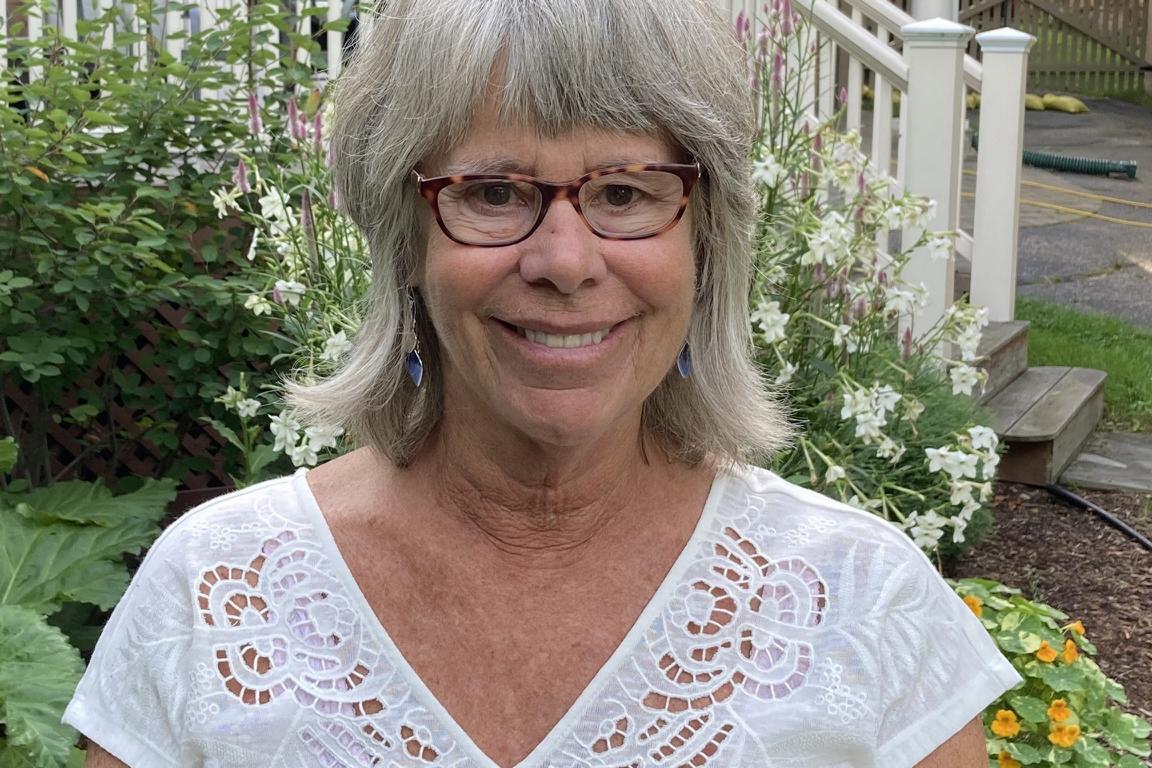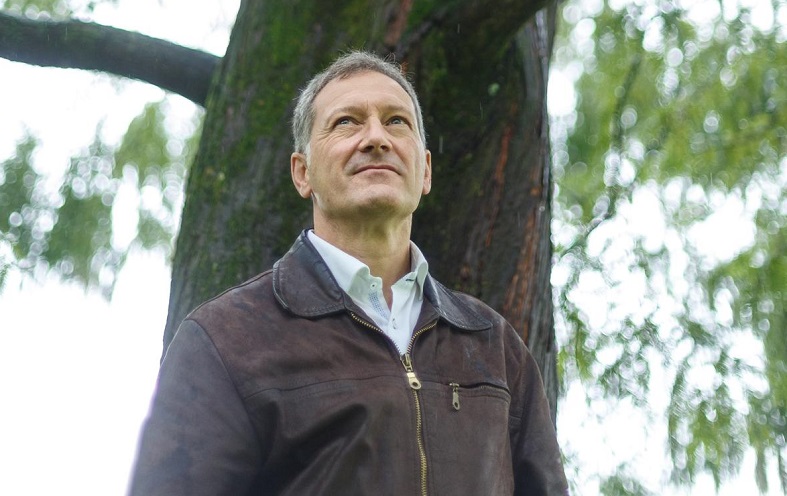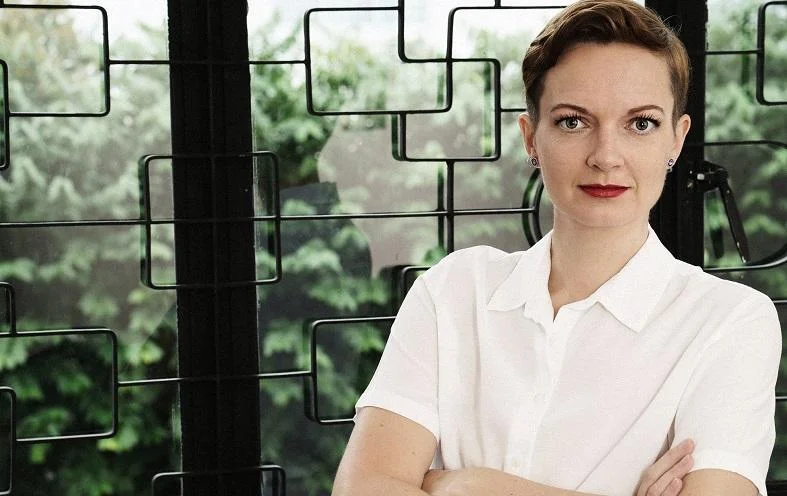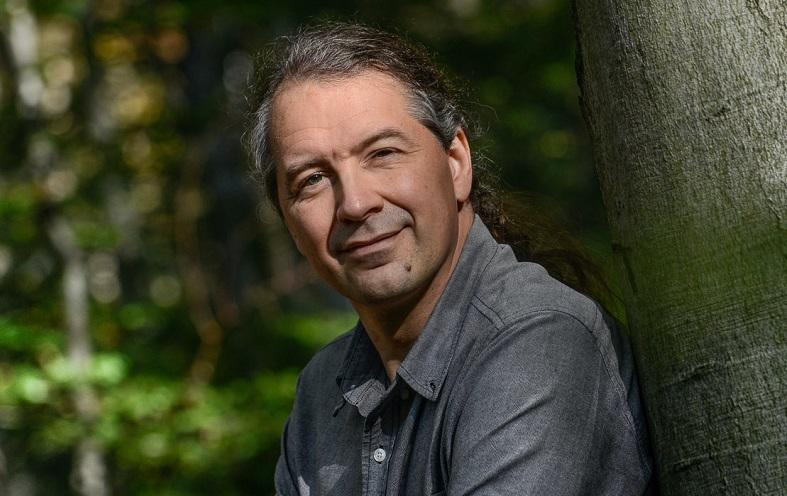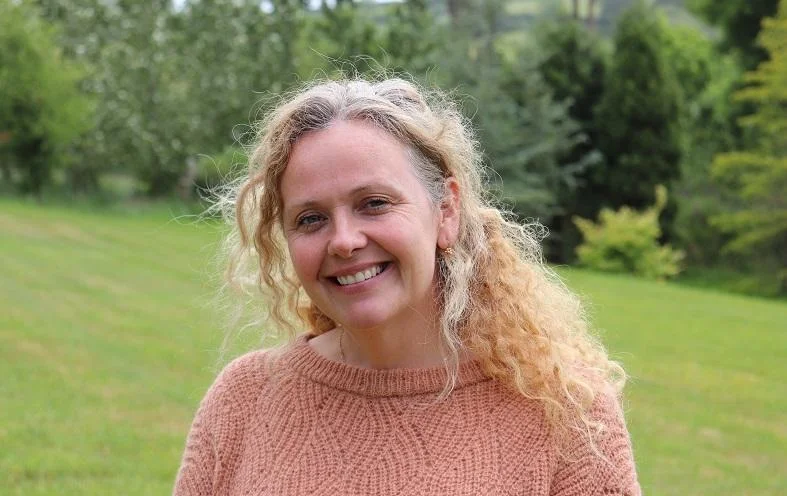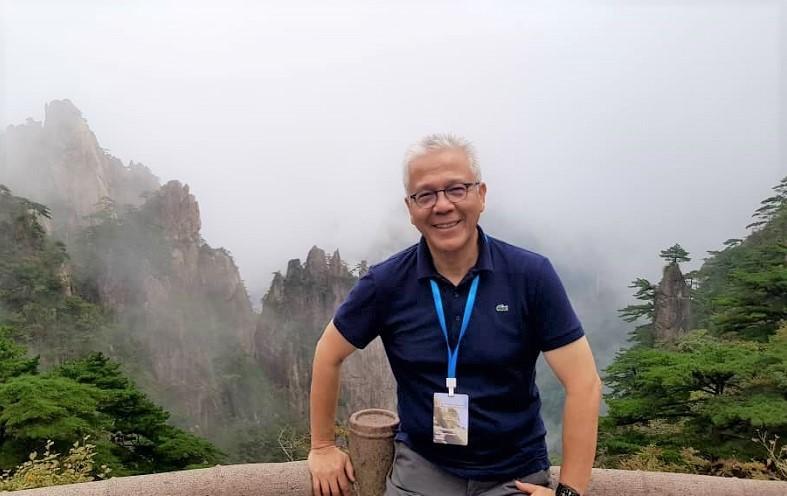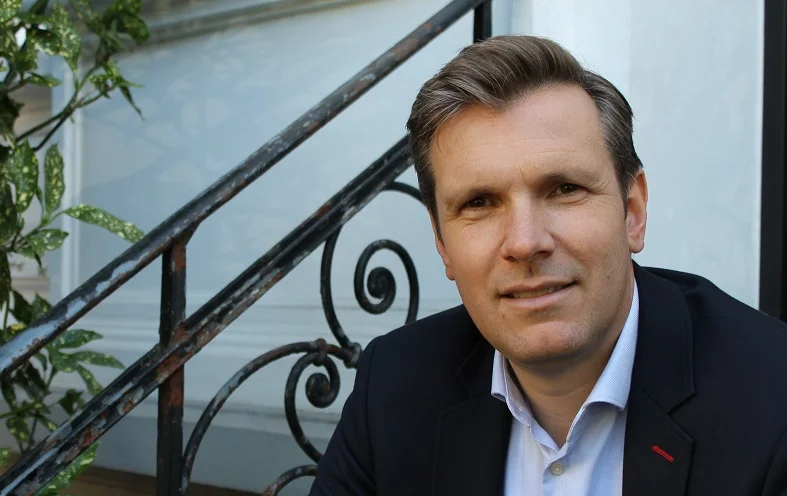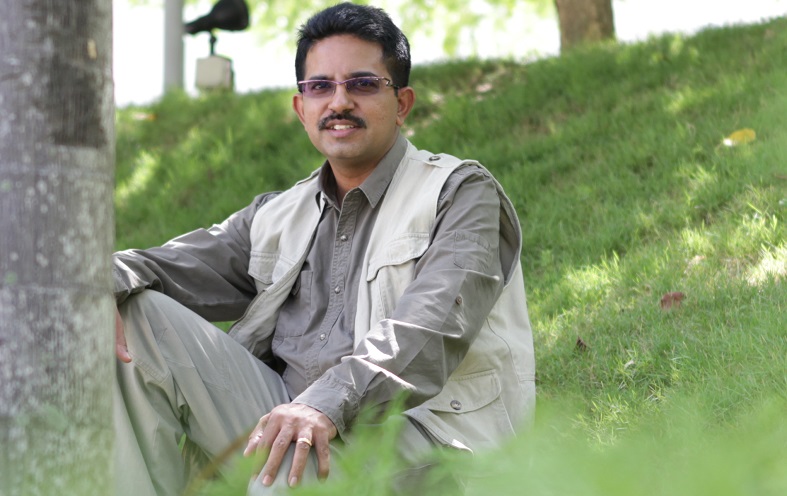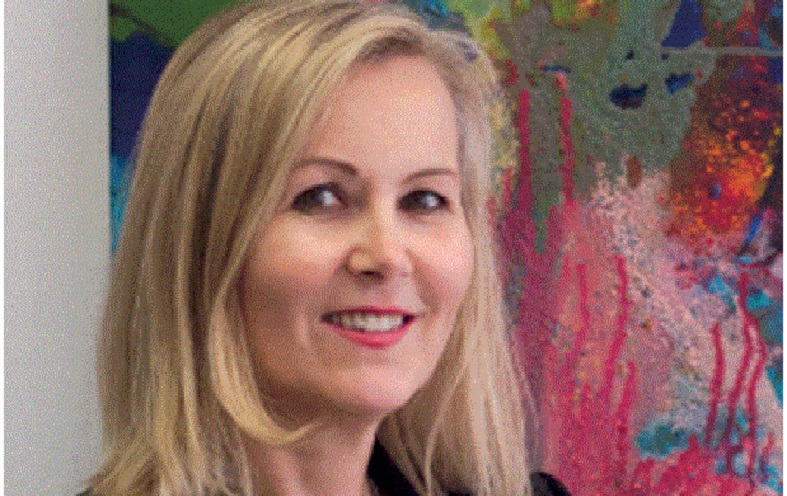
Janne Liburd of the University of Southern Denmark in this interview discusses trends and challenges in tourism higher education. She also illustrates how sustainable development is at the core of the destination management strategy of the Wadden Sea National Park and UNESCO World Heritage site in Denmark.
Learn about:
- What brought Janne to the study of tourism and sustainability;
- How her views on sustainable tourism have changed over the years;
- Trends and innovation in tourism higher education;
- How the Wadden Sea National Park approaches sustainability;
- How World Heritage Sites are affected by – and protected from – overtourism;
- The current state of sustainable tourism leadership in Denmark;
- How she has benefited from being part of the European Masters in Tourism Management.
Janne, do you remember what inspired you to focus your academic career on sustainable tourism? When was the first time you heard about “sustainability”?
After I finished high school in Denmark, I took two years off to work and travel around the world as a backpacker. Having ample of time and a limited budget, I conversed with people along the way and was often fortunate to be invited to stay with locals, whether in Canada, Fiji, New Zealand, Australia, Indonesia or Thailand. I was curious to get a glimpse of how they lived, their relations to their place of residence, nature and other people.
This led me to anthropology, where I first encountered tourism as a means of development. Inspired by French philosopher Michel Foucault, part of my PhD research was centred on the development discourse. I was fascinated by the ability of the development discourse to reinvent itself, especially in the form of sustainable development.
I never had any classes on tourism whilst studying anthropology. But the ‘impact studies’ of the 1980s and 1990s championed by Valene Smith were of great inspiration. I remember wondering how anthropologists (who for the most part never wrote about encountering tourists during their rite of passage fieldwork) were able to judge what tourism ‘did’ to culture, i.e. either had negative or positive impacts and how that could be applied to sustainable development.
As a world-renown researcher and teacher of tourism and sustainability, has your view on the topic changed since you first got involved?
During my PhD research and thesis on “Sustainable Tourism Development in the Eastern Caribbean” (1999), I often felt lost in attempting to link theory to practice. Mass tourism in the Eastern Caribbean was dominated by tourism enclaves and the cruise industry, both of which were characterised by an ethnic division of labour. Global sustainability ideals of equality, natural and cultural integrity were overshadowed by a profit-maximizing industry. And regulators seemed to be elected based on a mandate to make life easier for foreign investors (and themselves).
Today, I am proud to say that I am educating philosophic tourism practitioners, many of whom come to share my commitment to transforming tourism from a world-taking to a world-making phenomenon, which touches on so many aspects of human values.
My research is no longer limited to observing and wanting to understand how and what others do with tourism. I advocate sustainable tourism development and am delighted to work with stewards who care beyond selfish interests.
You have long been involved in the BEST Tourism Education Network. Which are the major trends and innovations in tourism education?
I should like to say that tourism higher education has moved from telling students what to know and do, assessed in multiple-choice tests, towards educating with students, and bringing forth their individual potentials, taking them into unsettling territory, and creating space for transformations of the self, and to engage in future world-making.
Unfortunately, I think we’re still far from the latter aims of tourism higher education. Most tourism programmes are more concerned about disciplining means (represented by pressures to maintain league table rankings, professional accreditations, research excellence frameworks, predefined curricula, learning outcomes).
Are there any topics that you find underrepresented in Tourism degrees, and which should be covered more in-depth?
The management school approach to tourism higher education leaves much to wish for in terms of influences from the Humanities and the Arts. Those would be essential for understanding the importance of culture and communication, appreciation of other norms and forms of knowledge creation, and understanding the importance of collaboration with others – students, teachers, tourism professionals, policy-makers, community groups, and the larger society while studying.
As Chair of the Board of the Wadden Sea National Park in Denmark, how do you approach and encourage destination sustainability?
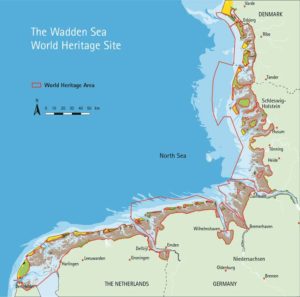
The sustainable development of the Wadden Sea National Park, which is also UNESCO World Heritage, is embedded in everything we do! We strive for transparent action and reporting in all of the interrelated pillars of sustainability: People, Planet and Profit. Nature conservation and use it at the centre of steering sustainable development, as the national park is the home of millions of migrating birds, fish and human activity, which also includes residential areas and commercial use.
The nomination of the Wadden Sea as a Word Heritage Site in 2014 followed the 2009 nomination of the neighbouring German and Dutch parts of the Wadden Sea. It rests on more than 30 years of political commitment of protection of the largest, uninterrupted stretch of tidal flats in the world. Trilateral collaboration and everyday ownership of the national park by stewards who care drive sustainability in the Wadden Sea.
The concern is growing among sustainable tourism practitioners about the unintended, potentially negative effects of being listed as a UNESCO World Heritage Site (i.e. overtourism, environmental degradation, heritage loss, etc.); do you think this concern is warranted?
The concerns of unregulated tourism to World Heritage Sites are genuine and negative examples plentiful, which is why UNESCO now requests that new World Heritage Sites produce a plan for sustainable tourism. We have a trilateral sustainable tourism development strategy for the Wadden Sea, which has been adopted into operational plans by the four municipalities of the Danish Wadden Sea.
The Wadden Sea is visited by approximately 10 million tourists per year, and the carrying capacity is still far from being exceeded. This does not mean, however, that certain places have become hot spots and bear the majority of visitors, and thereby earnings from tourism. A range of visitor management strategies is currently in the making.
Governance of the WH Site is also contingent on residential pride in the National Park. Residential pride is increasing, which is indicative of ownership and that people care about nature conservation (also documented in my latest research). This alignment of personal values with those of the Outstanding Universal Values, which is how UNESCO describes sites of global importance, is key to enabling sustainable development in practice.
Denmark recently changed its rather strict regulation of coastal areas to facilitate the development of “sustainable” tourism facilities. In your view, does the new regulation do justice to the holistic understanding of “sustainable tourism” as used in academia?
Denmark’s coastlines have been protected from tourism development and construction for more than 80 years. In 2014, the Danish politicians opened up for softer regulation of the coastlines and invited proposals for tourism development projects within the hitherto protected coastal zone.
The call explicitly requested nominations for sustainable tourism projects, but our comparison between academic sustainability discourse and the approved projects suggests that tourism actors do not address sustainable tourism development as a holistic concept.
Moreover, our research has documented how long-term perspectives are largely absent, whereas economic benefits are emphasized.
Denmark – and especially its capital, Copenhagen – is internationally highly regarded for its commitment to sustainable development, particularly in the fields of energy and environment. In your view, which are the sustainability priorities for Destination Denmark in the next years?
Unfortunately, and as documented in the research above on the coastal tourism developments, weak political leadership characterizes the envisaged transfer towards sustainable tourism development.
Denmark is still internationally leading in green energy. We pride ourselves of global commitments to CO2 reduction, but increasingly, practice is lacking. The new 2025 Strategy for Tourism in Denmark fails to demonstrate a clear commitment to sustainable development, as the concept sits uneasily with a neoliberal government and industry alike.
As Professor at the University of Southern Denmark, you also teach in the European Master in Tourism Management, a collaboration between three countries which was just awarded by the European Commission for its exemplary achievements. How have you personally – and the university – benefited from being part of this program?
I can honestly say that I feel the benefits and joy every single day. Whereas program administration has been quite demanding, especially in order to meet regulations in the three, very different consortium countries of Denmark, Slovenia and Catalonia (Spain), the benefits of working with excellent students, visiting scholars, industry partners and partner universities on all continents are simply amazing.
The university and EMTM student cohort further benefit from enrollment of students who have heard about tourism studies at the University of Southern Denmark, often from the global promotion of the EMTM. Some chose us for their MA in International Tourism, which runs parallel to the EMTM programme, but without mandatory mobility between the three consortium partner countries.
Your career advice to students of Tourism university programs interested in dedicating their career to sustainability?
Follow your heart and mind. Just do it!
Thank you, Janne.
Connect with Janne Liburd via LinkedIn or Facebook.
Enjoyed our interview with Janne Liburd of the University of Southern Denmark, on trends and challenges in tourism higher education and the sustainable development of the Wadden Sea National Park World Heritage Site? Spread the word!

